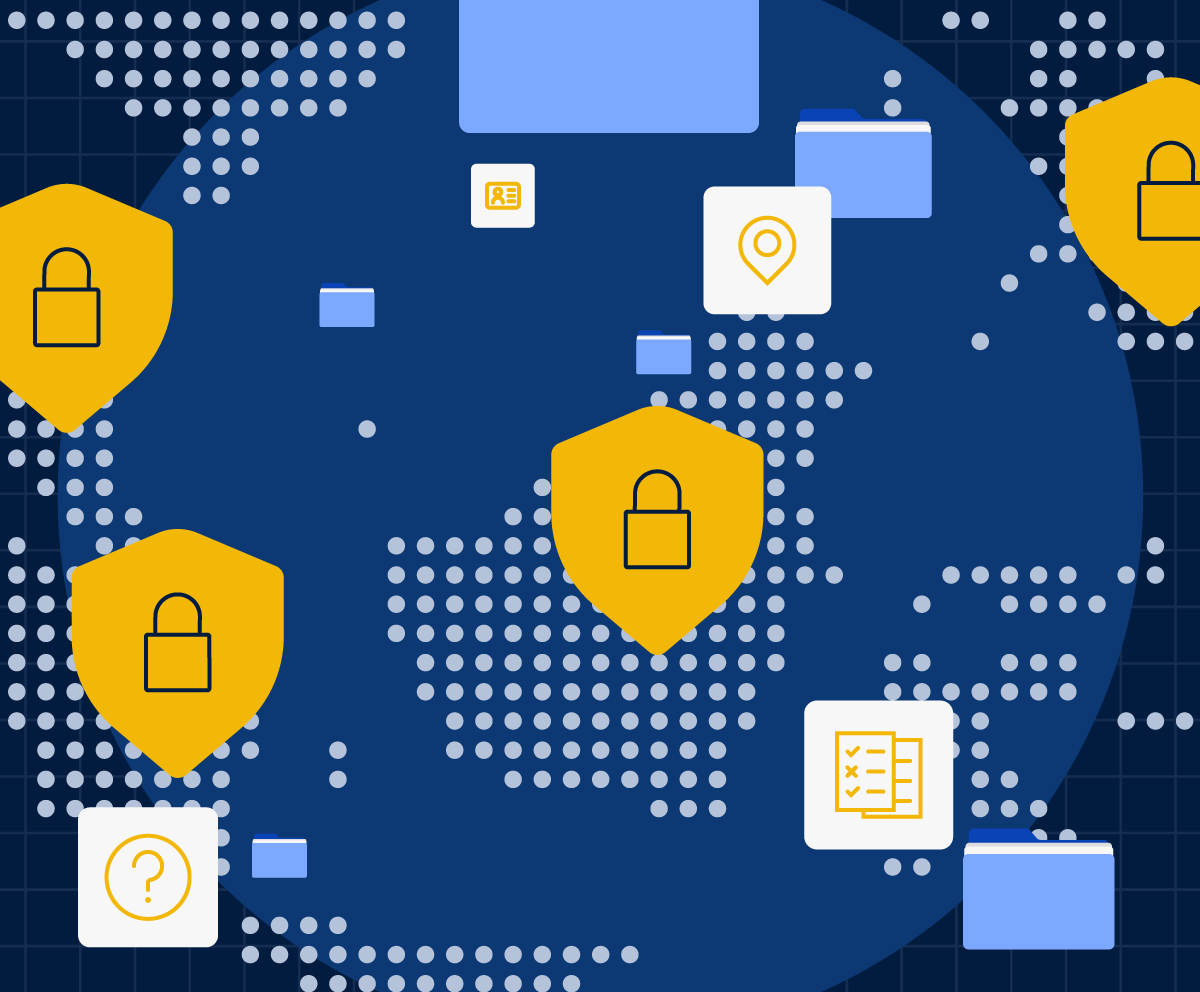The digital age has helped transform Southeast Asia (SEA) into a vibrant economic hub. This growth is driven by a growing internet user base and a thriving tech industry. However, with this digital revolution comes a growing concern: data privacy. As businesses collect ever-increasing amounts of personal information, the need for regulations to protect consumers' data rights has become paramount. This is where Personal Data Protection Acts (PDPAs) come into play.
PDPAs are legal frameworks that define how organizations can collect, use, and disclose personal data. These regulations are rapidly evolving across Southeast Asia, shaping the data collection landscape for businesses operating in the region. Let's delve deeper into the current state of PDPAs in SEA and explore their impact on data collection practices.
The Rise of PDPAs in SEA
The past decade has witnessed a surge in Personal Data Protection Acts (PDPAs) across Southeast Asia, driven by a confluence of factors. The region's booming internet economy, has led to the exponential collection and use of personal data. This, in turn, has heightened public awareness and concern about data privacy. Consumers are increasingly demanding greater control over their personal information and expressing anxieties about potential misuse by businesses.
Furthermore, the rise of global data privacy regulations, such as the European Union's General Data Protection Regulation (GDPR), has served as a catalyst for Southeast Asia countries to implement their own data protection frameworks. The potential for regulatory fragmentation and the desire to create a level playing field for businesses operating across the region have also spurred the development of PDPAs.
Singapore was one of the first action takers amongst the Southeast Asian countries, enacting its Personal Data Protection Act (PDPA) in 2012. Thailand followed suit in 2019 with its Personal Data Protection Act (PDPA). Vietnam's Personal Data Protection Law (PDPL) came into effect in 2020, and the Philippines' Data Privacy Act (DPA) has been operational since 2016. Several other SEA countries are currently in the process of developing or revising their data privacy regulations.
Key Components of SEA PDPAs
While there are variations between the PDPAs of different SEA countries, they share some core principles. Most SEA PDPAs define personal data broadly, encompassing any information that can be used to identify an individual. They also emphasize the importance of user consent for data collection. Businesses must obtain clear and unambiguous consent from individuals before collecting their personal data.
Furthermore, SEA PDPAs empower individuals with various data subject rights. These rights typically include the ability to access their personal data held by an organization, request correction of inaccurate information, and even request erasure of their data under certain circumstances. Additionally, PDPAs mandate data breach notification obligations, requiring organizations to promptly inform regulators and affected individuals in case of a data security incident.
Cross-border data transfer restrictions are another key feature of many SEA PDPAs. These restrictions aim to ensure that personal data is adequately protected when transferred outside the jurisdiction. The specific requirements for cross-border transfers vary by country, but generally involve obtaining user consent or implementing appropriate safeguards.
Impact of PDPAs on Data Collection
The implementation of PDPAs is significantly impacting how businesses collect and handle personal data in SEA. Here's a closer look at some key changes:
- Increased Transparency and User Consent: Businesses must now be more transparent about their data collection practices. They need to clearly inform users about what data is being collected, how it will be used, and with whom it will be shared. This transparency is crucial for obtaining meaningful user consent.
- Enhanced Data Security Measures: PDPAs place a strong emphasis on data security. Businesses are obligated to implement appropriate technical and organizational safeguards to protect personal data from unauthorized access, disclosure, alteration, or destruction.
- Data Minimization: The concept of data minimization is gaining traction with PDPAs. This principle encourages businesses to collect only the minimal amount of personal data necessary for a specific purpose. This reduces the risk of data breaches and simplifies compliance efforts.
- Compliance Programs: To navigate the complexities of PDPAs, businesses need to develop robust compliance programs. These programs should involve training employees on data privacy practices, conducting data protection impact assessments, and establishing clear procedures for handling data subject requests.
While these changes are positive for data privacy, complying with PDPAs can be challenging for businesses. The cost of implementing new security measures and adapting data collection practices can be significant. Additionally, keeping up with the evolving regulatory landscape across different SEA countries requires ongoing effort.
A Wake-up Call for Businesses in SEA
The impact of PDPAs in SEA is already being felt. In 2022, Singapore's Personal Data Protection Commission (PDPC) issued its first financial penalty of SGD 1 million against a company for failing to protect personal data. This incident serves as a stark reminder of the enforcement power wielded by data protection authorities in the region. Similar actions are expected from data protection authorities across SEA. For instance, Indonesia's Ministry of Communication and Information (Kominfo) has issued warnings to companies for non-compliance. Thailand's Personal Data Protection Committee (PDPC) is also ramping up enforcement efforts.
This underlines the importance for businesses to take proactive steps to comply with PDPAs. By implementing robust data security measures, establishing clear data governance policies, and conducting regular data audits, businesses can minimize the risk of data breaches and ensure compliance with regulations.
Navigating the SEA Data Privacy Landscape
The landscape of data privacy in Southeast Asia is undergoing a significant transformation with the implementation of PDPAs. These regulations are empowering individuals with a powerful toolkit to manage their personal data. They can now access their data held by organizations, request corrections, and even demand removal in certain situations. This newfound control fosters a sense of agency and empowers individuals to make informed decisions about how their data is used. However, navigating the evolving regulatory landscape across different SEA countries presents a challenge for businesses. The specific requirements of each PDPA can vary, and keeping up with amendments and updates can be resource-intensive. Additionally, implementing robust data security measures and building effective compliance programs require investment in technology and expertise.
Businesses operating in the region must stay informed about the evolving regulatory landscape and adapt their data collection practices accordingly to ensure compliance and build trust with their customers.
Our latest news and blog articles
State of PDPAs in SEA and Impact on Data Collection
The digital age has helped transform Southeast Asia (SEA) into a vibrant economic hub. This growth is driven by a growing internet user base and a ...
Trust and Transparency: How It Can Boost Your Success
Imagine scrolling through a social media feed and being bombarded with targeted ads. They boast supreme features and benefits, but the source feels ...
Data Silos: The Hidden Barriers to a Seamless Digital Experience
Have you ever filled out the same information on multiple websites in a row? It's a frustrating experience, but it's just one example of how data ...




